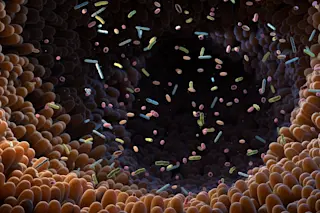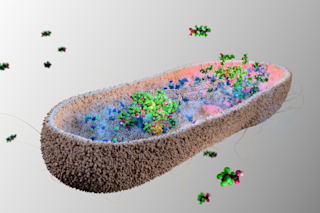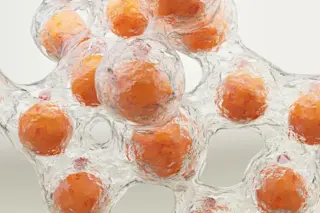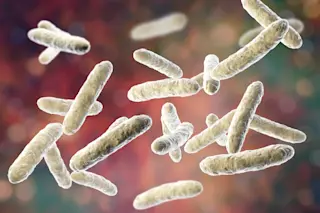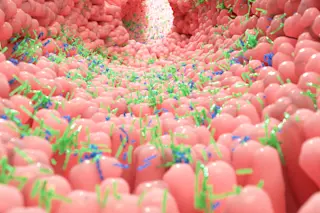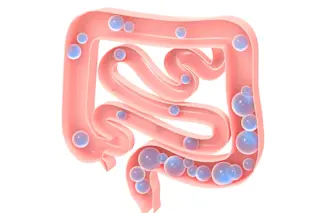More and more, researchers have been studying how your gut microbes might be making you sick. Scientists have linked these vital bugs to everything from schizophrenia, to autism, allergies and obesity. But what do the microbes look like inside the guts of super healthy people? Say, in elite athletes like marathon runners?
A research team from the Joslin Diabetes Center and Wyss Institute, both at Harvard Medical School, sampled the gut bacteria from runners a week before, and a week after, they ran the Boston Marathon. The group, led in part by microbiologist Alex Kostic, compared the samples to those from some non-elite athletes: scientists in the lab. The findings were published Monday in Nature Medicine.
The team found that most of the marathoners had a higher abundance of a bacteria called Veillonella. This group of species, or genus, lives off of lactate. Remember the last time you “felt the ...






